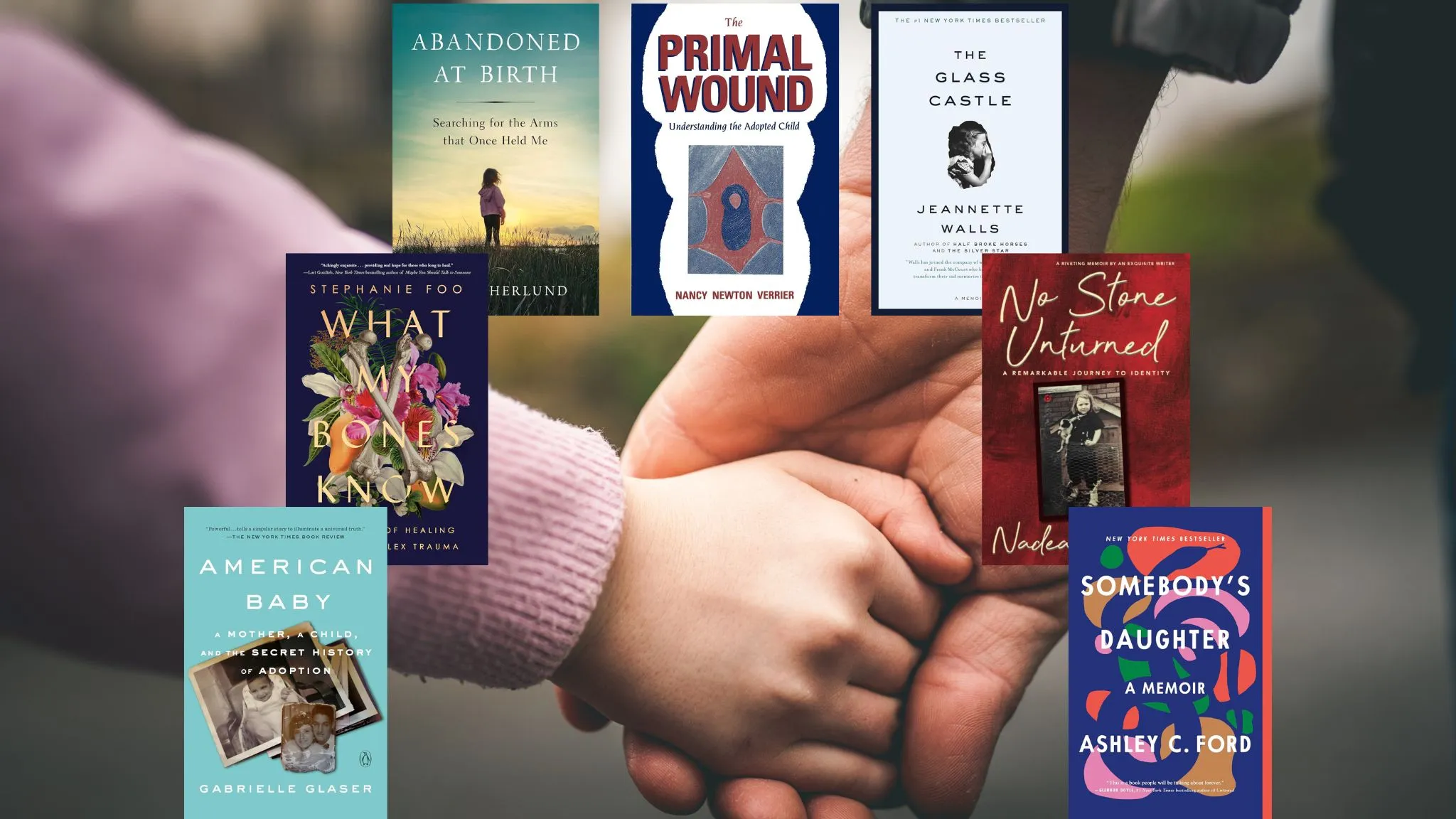Trauma is a word on the tips of our tongues more and more these days. In this time of newfound knowledge of the condition, we’re at a new place of widespread understanding in society. But that doesn’t mean the conversation is over; far from it. Trauma is a tangled knot of emotion, with strands leading off to every aspect of our lives — and it’s only further complicated when family comes into play.
While there’s been a surge of conversation about generational trauma, perhaps the term for this book list should be family trauma — the trauma associated with a family unit, regardless of blood relation. With a collection of books featuring either inherited trauma or adoptive trauma, this list examines how the events of our childhood, our birth and even our very existence can bleed into our adult lives. These books provide us not only with knowledge, but also with a sense of understanding and community — to know that no matter our situation, we’re not alone.
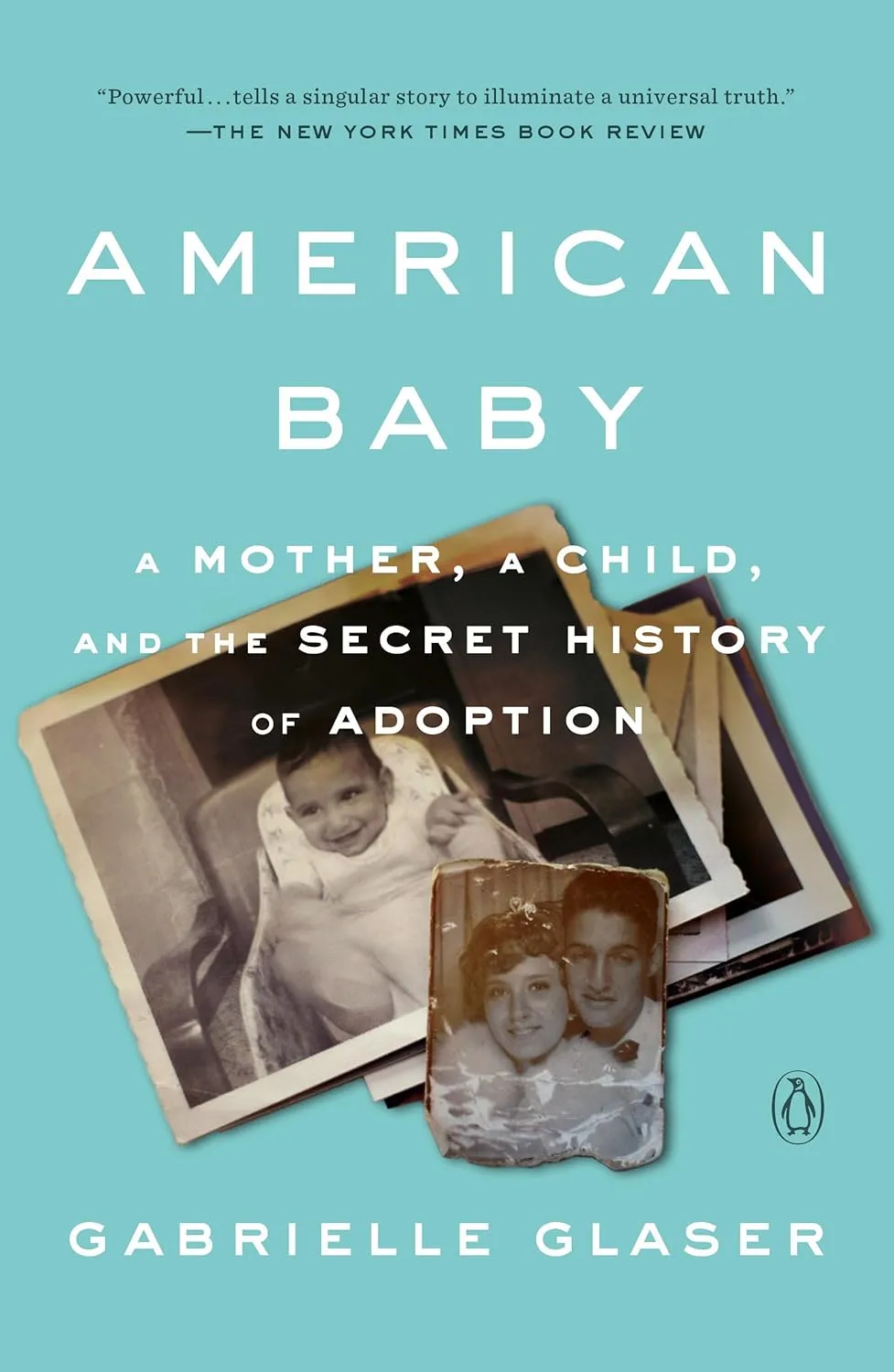
American Baby: A Mother, A Child, and the Shadow History of Adoption by Gabrielle Glaser
This shocking exposé follows one mother and child to examine the harm that closed-door adoption practices of postwar America inflicted. When sixteen-year-old Margaret Erle fell pregnant in 1961, her enraged family sent her to a maternity home, where she was not even allowed to hold her son after his birth. Forced to sign away all parental rights under threat of jail time, Margaret and her son David both keenly felt each other’s absence, separated by the ironclad wall that the adoption agency had put up between them.
Using this one family as a case study, author Gabrielle Glaser explores how the adoption business has benefitted from the separation of mother and child as the standard practice for a for-profit industry. Their shady tactics include unethical deals between agencies, doctors and researchers for pseudoscientific “assessments” as well as the fabrication of children’s origins to their new adoptive families. Altogether, this riveting account is an essential read for those eager to learn about how we can begin to heal the damage done by closed-door adoptions in a corrupt industry.
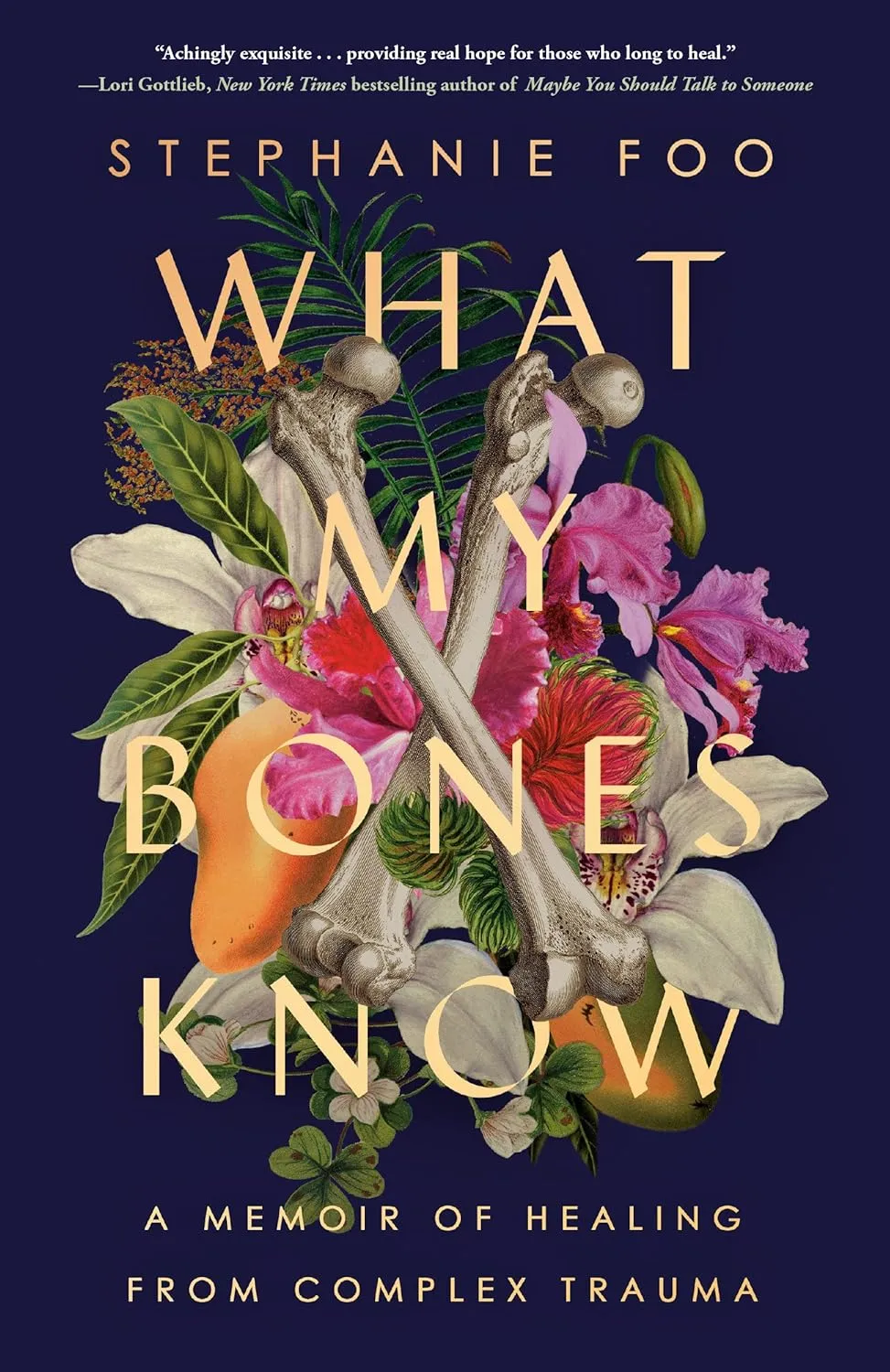
What My Bones Know by Stephanie Foo
This searing memoir chronicles Stephanie Foo, a by-all-accounts successful 30-year-old who in reality was hiding her panic attacks and bouts of sobbing behind the closed door of her office. Finally faced with the diagnosis of complex PTSD as a result of her abusive childhood, Foo was left with the task of even beginning to navigate how to grapple with her condition. She tried everything from innovative new therapies to returning to her hometown of San Jose and exploring the generational traumas of her Malaysian community there — all in the hopes of understanding how to exist alongside the traumatic past that now shaped her present and threatened her future. Named as one of the best books of 2022 by publications like Publishers Weekly and The Washington Post, What My Bones Know is described by NPR as “[a]n unflinching reminder of the hidden struggles many face, told with the keen eye of a researcher and the brutality of a documentarian.”
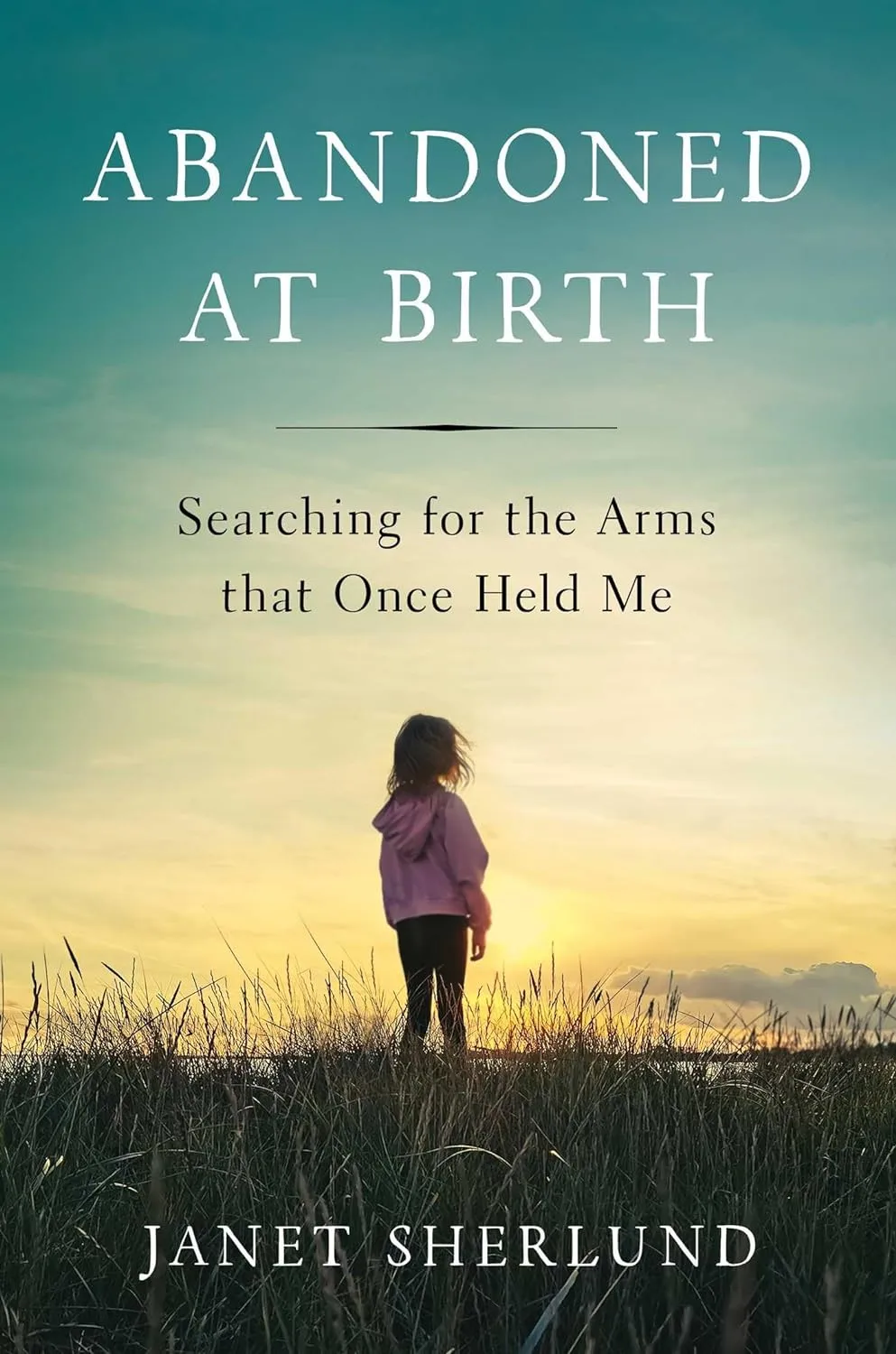
Abandoned at Birth: Searching for the Arms that Once Held Me by Janet Sherlund
While the trauma of adoption is something that is only now starting to be recognized by society at large, it’s something Janet Sherlund has known all her life. Given up for adoption just days after her birth, Sherlund always longed for a sense of belonging — one she couldn’t find with an adoptive family, where she felt she simply had a “borrowed identity.” Her book, Abandoned at Birth, not only chronicles her journey to track down her birth mother but also highlights the seldom discussed but very real realities of adoption. From complex feelings of rejection, loss, grief, denial and shame from adoptees and parents alike, to the corrupt and self-serving actions of adoption agencies, Sherlund crafts a raw and real examination of the grief and trauma caused by this primal separation and the determination it takes to find a way out of it or make sense of it. As compelling as it is heartbreaking, Sherlund’s memoir is vital for understanding the lasting trauma that adoption can inflict.
For more information about Abandoned at Birth, click here.
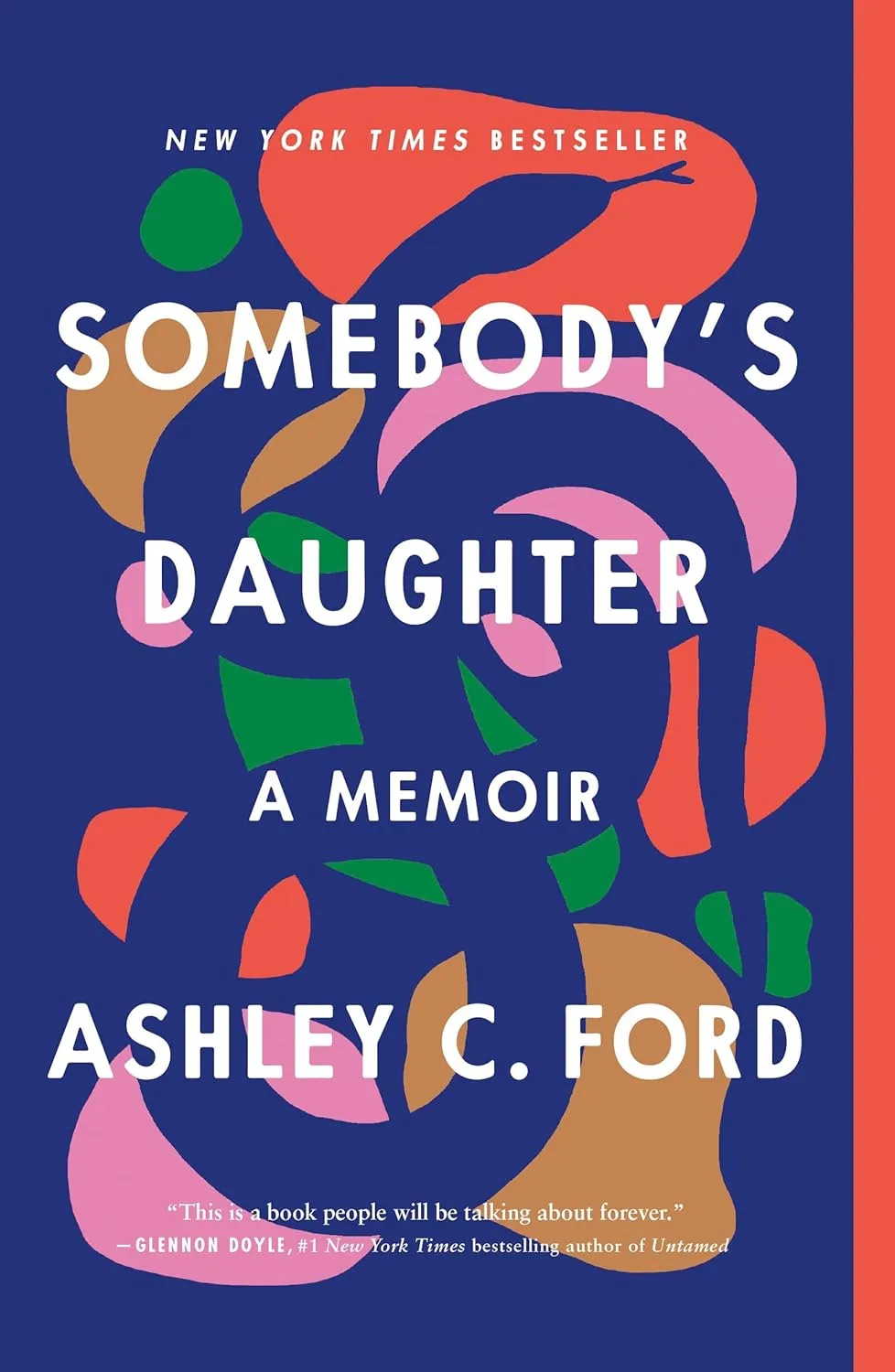
Somebody’s Daughter by Ashley C Ford
Through a childhood in poverty and a tumultuous relationship with her mother, Ashley C Ford always yearned for another parental figure in her life to lean on. Her father was unreachable, however; locked away in prison, for a crime no one would inform Ford of. As she grew into adolescence and became the target of unwanted attention by men, Ford’s search for love and acceptance only further deteriorated, especially in the wake of assault by her then-boyfriend. And then the truth of her father’s incarceration is revealed to her, shaking Ford to her very core.
A raw, unflinching look at the lasting impact that incarceration can have on a family, Somebody’s Daughter tackles difficult but necessary topics that shape our understanding of trauma, both generational and individual. But even more than that, it’s the story of one woman’s fight through the mire of her adolescence to come out on the other side with hope for a future better than her past.
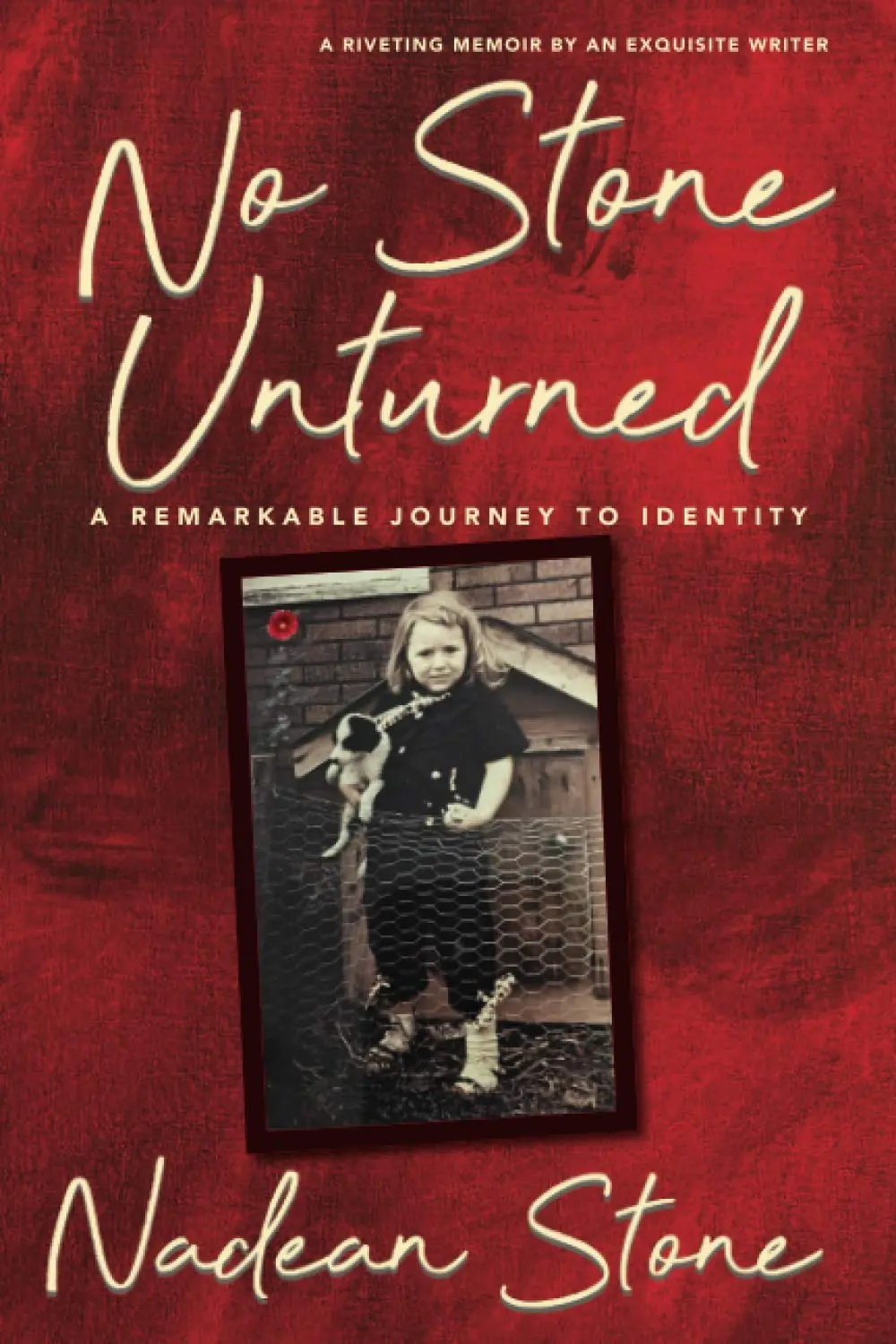
No Stone Unturned: A Remarkable Journey to Identity by Nadean Stone
Even as Nadean Stone sat across from the hospital administrator who held her birth records, Canadian law prevented her from accessing them. It was a holdover law from the 1950s, when illegitimate newborns in Canada were sold or illegally given away by the Catholic Church and other institutions, their birth records sealed even from them. And “on December 18, 1952,” Nadean writes, “I became one of those babies.”
Following not only her story of adoption but the struggles of her adult life and abusive marriage, Stone reveals how not having any blood family to rely on irrevocably shaped her experience. It serves as her catalyst to find her own identity — and from here, the book shifts gears and becomes an all-out investigative thriller to track down the author’s birth mother. Great research, detail and perseverance carry the day, blending the narrative of a woman and her struggles with a hunt worthy of a professional detective.
For more about No Stone Unturned, click here.
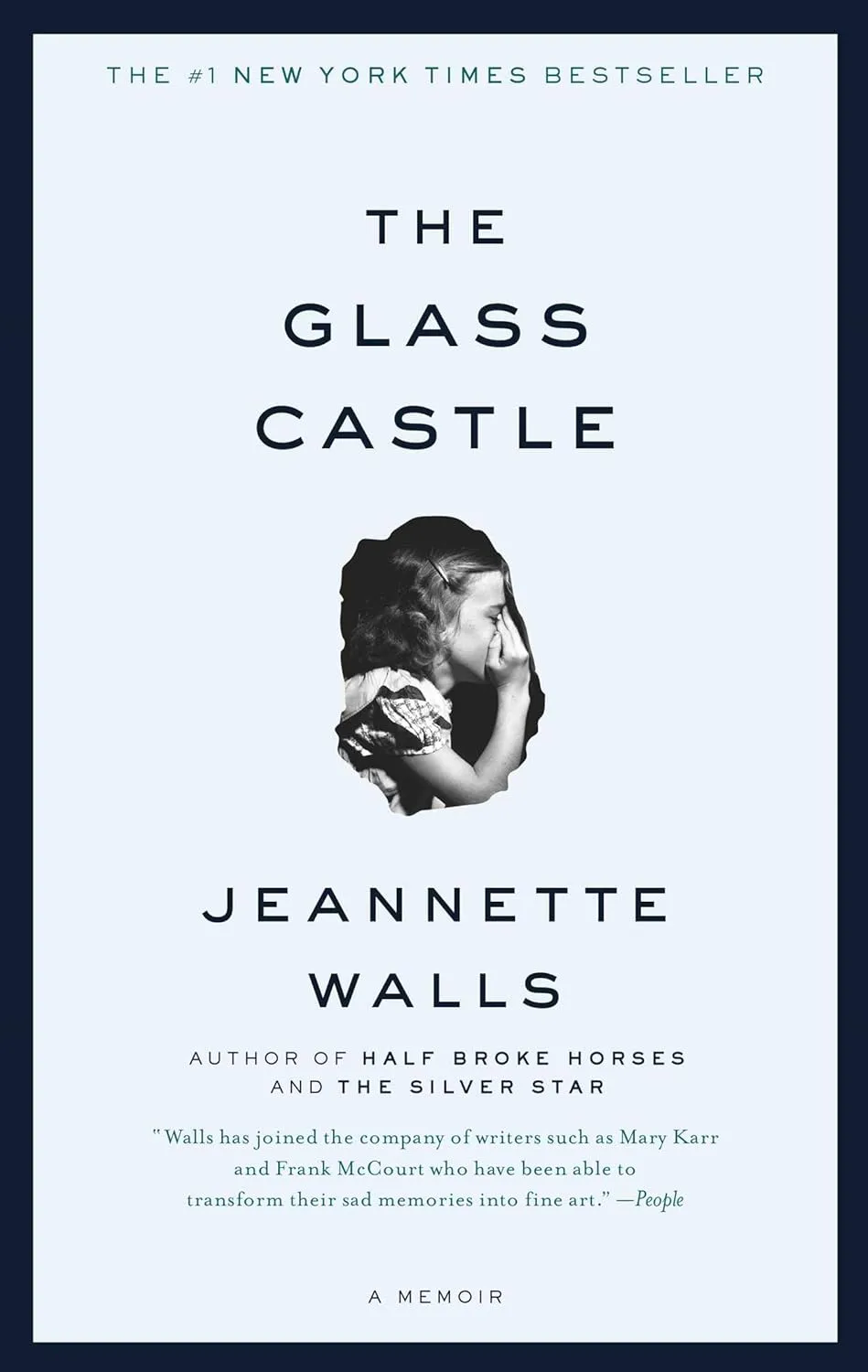
The Glass Castle by Jeannette Walls
Likened to fellow NYT bestseller Educated by Tara Westover, and further immortalized in the movie starring Brie Larson, Woody Harrelson and Naomi Watts, Jeannette Walls’ memoir The Glass Castle is utterly unforgettable. This book cleaves a jagged cut through the heart as it recounts Walls’ childhood in the American Southwest and, later, a mining town in West Virginia — and the magnetic, vibrant and deeply troubled parents who ushered her from place to place, never settling down for long. From her free-spirited mother who neglected the responsibilities of parenting to a brilliantly talented father whose alcoholism drove him to destructive behavior, Walls experienced a childhood full of uncertainty. The only sense of security she had was in her siblings, the four of them banding together to keep each other fed, clothed and eventually free from living with their parents altogether. An unflinching look at the tangle of emotions that come with dysfunctional family, The Glass Castle leaves a lingering ache far after the last page.

The Primal Wound by Nancy Newton Verrier
A fundamental book in the literature of adoption and adoptees’ rights, The Primal Wound examines how adoption is in itself a direct result of trauma. Diving into pre- and perinatal psychology, the book explains the issues of attachment, bonding and loss that comes with separating babies from their birth mothers, and the impact that will have on them throughout their entire life. An undoubtedly validating read for adoptees, The Primal Wound not only recognizes the long-unacknowledged pain of adoption but also offers coping mechanisms for readers dealing with those feelings of abandonment and isolation. This is an essential read for anyone looking to understand the effect adoption can have on the psyche and hoping to heal from it, and is a highly recommended read for any member of the adoption triad — be it adoptive parents, birth parents or the adoptees themselves.

